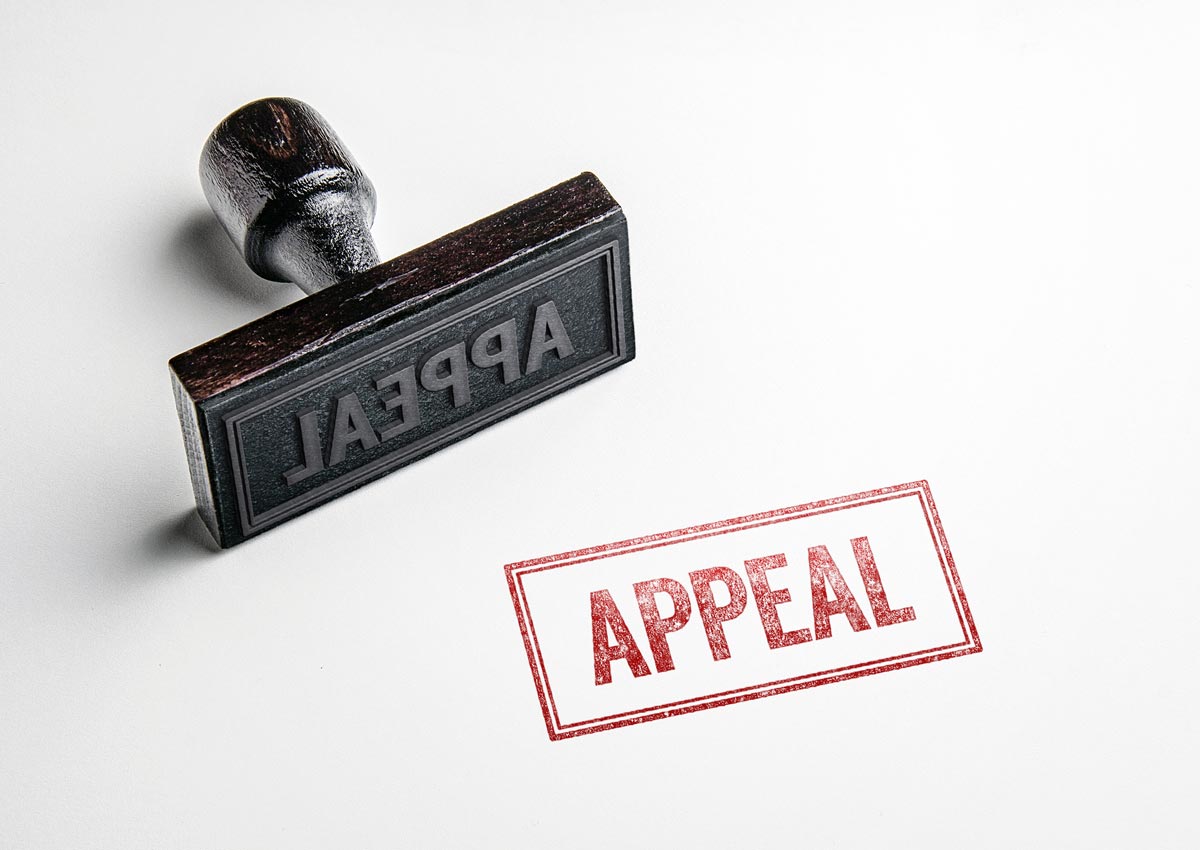
Immigration is stressful, particularly when it comes to navigating the delicate process of securing the release of a detained loved one. Do you find yourself grappling with a hefty immigration bond or at odds with the initial bond decision? You might consider filing an immigration bond appeal. This comprehensive guide will shed light on the intricate process of appealing an immigration bond in front of an immigration court.
What Is an Immigration Bond Appeal?
An appeal on an immigration bond becomes necessary if you or your attorney believe the bond amount set by the court is unreasonably high or if the bond request is denied altogether. There are also instances where the conditions attached to the bond are disputed.
Appealing the immigration bond determination provides a legal avenue to challenge these decisions and seek a more favorable outcome. This appeal is sent to the Board of Immigration Appeals (BIA).
The appeal process involves several critical steps:
- Notice of Appeal: File a Notice of Appeal with the Board of Immigration Appeals within 30 days of the decision.
- Submission of Evidence: Providing documentation and evidence that supports the argument for lowering the bond amount or altering its conditions.
- Legal Briefs: Submitting briefs outlining legal arguments and precedents to support the appeal.
Step-by-Step Guide to Filing a Bond Appeal in Immigration Court
Wondering how to appeal a high immigration bond or a bond denial? Follow this guide. The process of a bond appeal in immigration court involves several detailed steps, each critical for the outcome of the appeal:
1. Determine Eligibility for an Immigration Bond Appeal
Before jumping into the appeals process for your immigration bond, it’s crucial to verify if the decision is actually appealable. Remember, not every ruling handed down by immigration judges can be challenged through an appeal. Be sure to understand the specifics of your case before proceeding further.
2. File a Notice of Appeal
The first formal step in appealing an immigration bond determination is to file a Notice of Appeal with the Board of Immigration Appeals (BIA). This must be done within 30 days of the decision by the immigration judge. The Notice of Appeal should clearly state the reasons for the appeal.
An immigration bond appeal must be filed on its own Notice of Appeal. This can be done in one of two ways:
- Form EOIR26, if it’s an immigration judge decision
- Form EOIR29, if it’s a DHS decision
At a bond hearing, you can advocate for your loved one’s release by presenting compelling reasons why the bond should be reduced or granted if it was previously denied. It’s crucial to provide strong arguments supported by evidence to persuade the court that your loved one is not a flight risk or a danger to society.
3. Pay the Filing Fee for an Immigration Bond Appeal
In some cases, you may be required to pay a filing fee for an immigration bond appeal. If you are challenging a decision made by the immigration court (Form EOIR-26), there isn’t a filing fee. However, if you are challenging the decision of a DHS officer, the filing fee for an immigration bond appeal is $110.
4. Prepare and Submit a Brief
Once the Notice of Appeal is filed, the next step is preparing the legal brief. This document serves as a roadmap for your case on appeal, outlining the basis for challenging the previous decision with strong legal arguments and evidence. Remember, time is of the essence – typically, you have 21 days from filing the Notice of Appeal to submit this critical brief.
5. Await a Decision
After the brief is submitted, the BIA must carefully review the case. This review phase isn’t a quick process. It is primarily influenced by factors like the intricacy of the case at hand and the existing backlog that the BIA is dealing with.
Several factors can affect how long the immigration bond appeal process takes:
- Complexity of the Case: More complex cases, with extensive evidence and legal issues, may take longer to review and decide.
- BIA Backlog: Workload and case backlog at the BIA can significantly affect processing times
- Requests for Extensions: Either party in the appeal can request extensions for submitting briefs or additional documents, extending the timeline.
- Administrative Delays: Delays can also occur due to administrative issues within the courts or the BIA, such as staffing shortages or procedural changes.
Importance of Legal Representation During an Immigration Bond Appeal

Considering the intricate nature of immigration law and the significant consequences that could result from your appeal’s outcome, it’s absolutely vital to have competent legal help. A seasoned immigration lawyer can:
- Offer expert guidance to navigate the legal system and ensure accurate and timely paperwork filing.
- Give a strong argument leveraging legal precedents and a deep understanding of immigration law.
- Represent you in hearings, arguing on your behalf for a successful appeal.
How Long Does an Immigration Bond Appeal Take?
One of the most common questions asked by individuals appealing an immigration bond is about the timeline: “How long does an immigration bond appeal take?” The duration of an immigration bond appeal varies based on multiple factors. Typically, the entire process, from filing the Notice of Appeal to receiving a final decision from the BIA, can take anywhere from a couple of months or more. Here’s a breakdown:
- Filing the Notice of Appeal: Must be done within 30 days of the immigration judge’s decision.
- Submission of the Brief: Due 21 days after filing the Notice of Appeal, with possible extensions.
- BIA Review and Decision: The BIA’s review process can be lengthy, determined by the appeal’s complexity and the current caseload.
Managing Expectations for Immigration Bond Appeals
While the appeal is pending, you should manage your expectations and prepare for potential delays. Staying in touch with your attorney is key to staying informed about any updates or changes in your case status.
Legal processes can take time, so keeping a realistic perspective on the timeline of your case is crucial. By maintaining regular communication with your attorney, you can stay informed and prepared for any developments that may arise.
Need an immigration bond? Get help from Liberty Immigration!